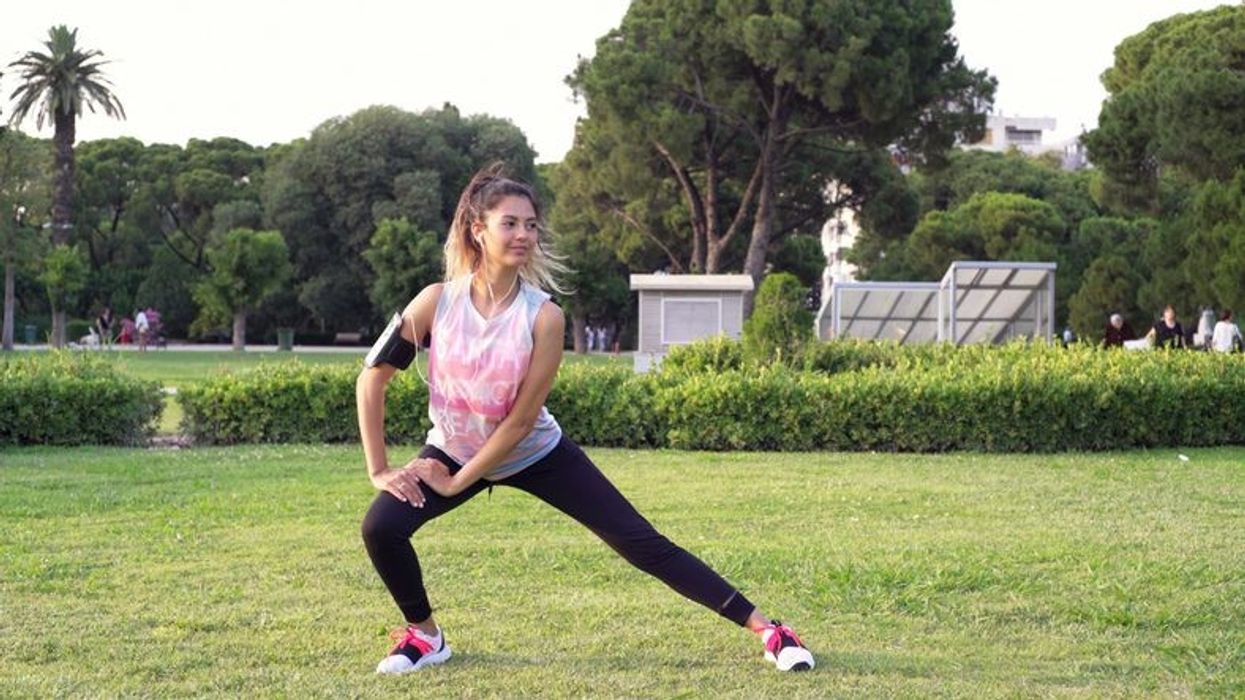Individuals with type 2 diabetes may benefit from exercising in the afternoon rather than the morning, to effectively control their blood sugar levels, research suggests.
A team from Harvard Medical School conducted a study involving 2,416 patients who were encouraged to adopt healthier lifestyles. The participants were divided into groups based on their most active time of day and wore activity-tracking devices similar to Fitbits.
All patients experienced improvements in their blood sugar levels through exercise, but those who exercised between 1:45 pm and 5:00 pm observed approximately 50 per cent greater benefits, The Times reported.
Over the four-year monitoring period, the patients, who were overweight and had type 2 diabetes, found that afternoon exercise yielded the most significant long-term advantages.
They were also at lower risk of complications and were more likely to reduce or eliminate their medication.
Jingyi Qian, the study's author, emphasised the importance of timing in physical activity, noting that the study contributes to a better understanding of its role.
The research, published in the journal Diabetes Care, highlighted the significance of exercise timing, particularly in relation to managing post-meal blood sugar spikes.
According to the study engaging in exercise during the afternoon, when blood sugar levels typically peak after lunch, muscle cells burn up excess blood glucose. This helps maintain stable blood glucose levels over time, reducing the risk of diabetes-related complications.
The study also acknowledged the influence of the body's circadian rhythm or internal clock, as hormone levels fluctuate throughout the day, affecting the body's response to exercise.
Encouraging patients to prioritise afternoon exercise was deemed a promising approach to managing diabetes.
In the UK, more than 5 million people have diabetes, a condition characterised by high blood sugar due to inadequate insulin production or response.
Lucy Chambers, head of research communications at the charity Diabetes UK, emphasised the importance of physical activity in managing blood sugar levels and reducing the risk of complications.
The NHS advises patients with type 2 diabetes to aim for at least two and a hour hours of exercise each week, as it increases insulin sensitivity and facilitates glucose uptake by cells.




